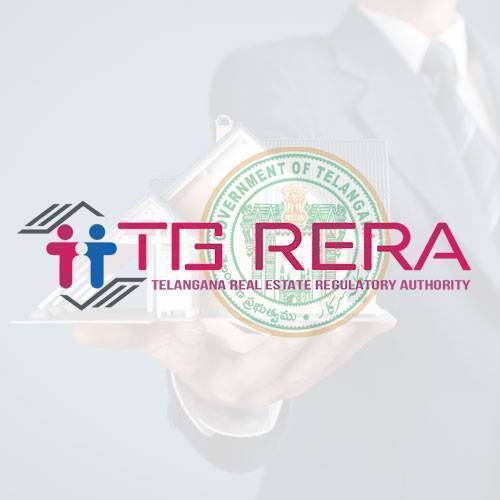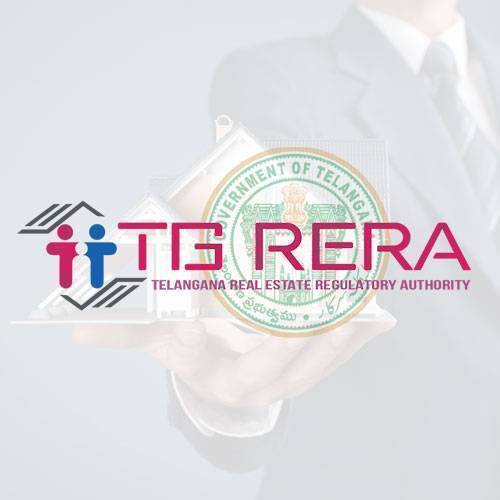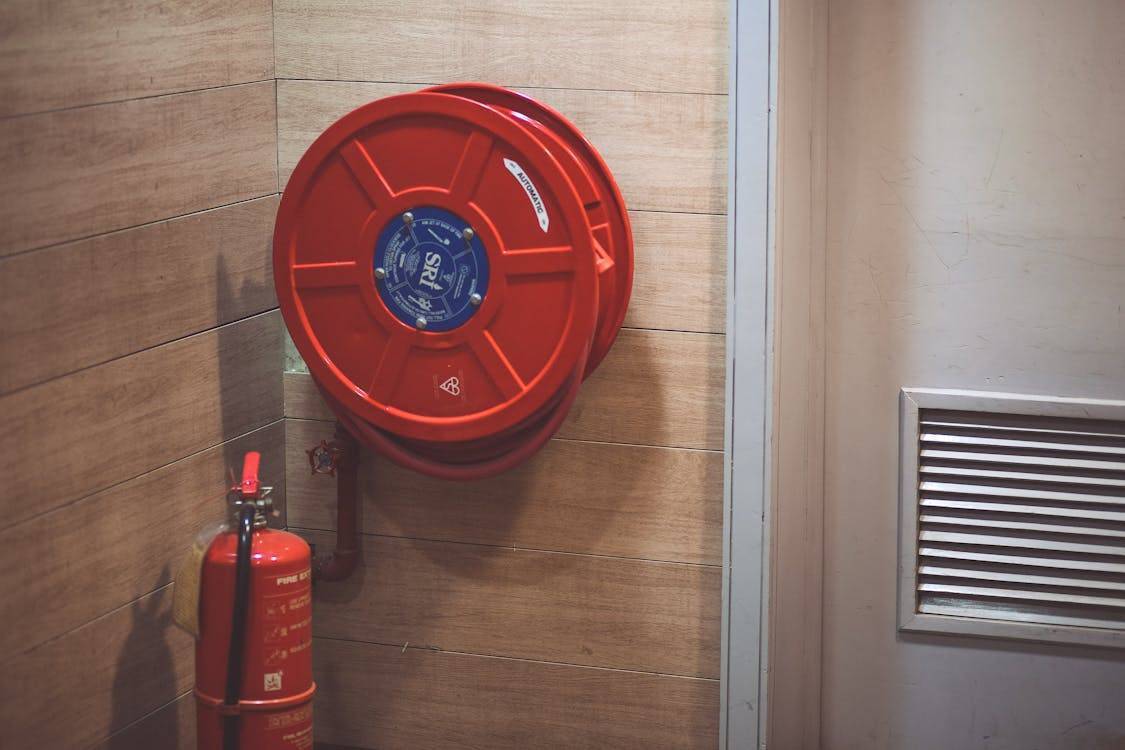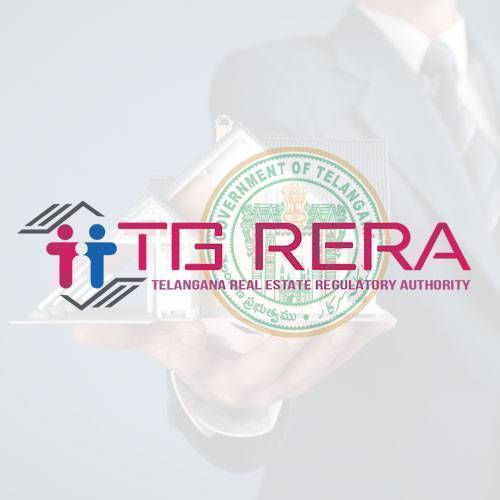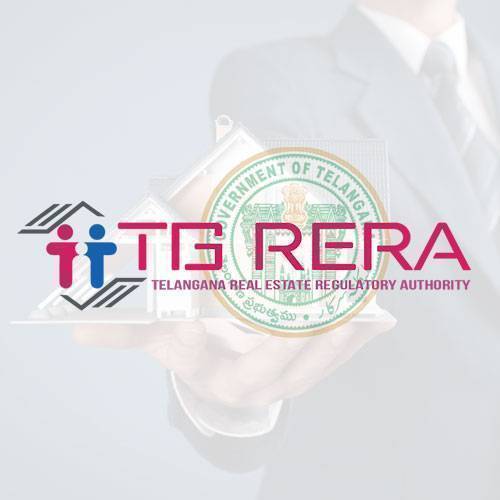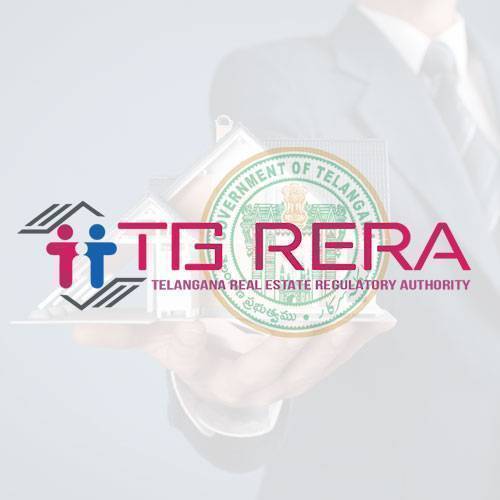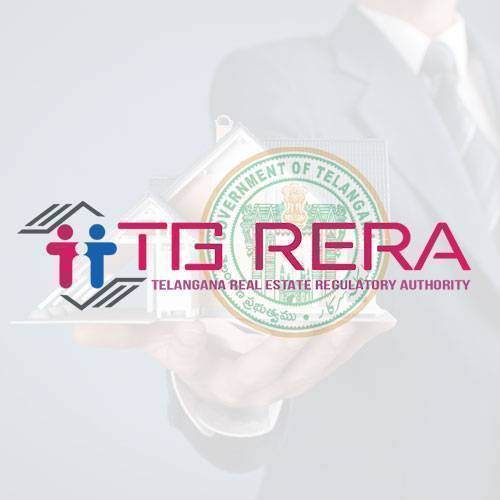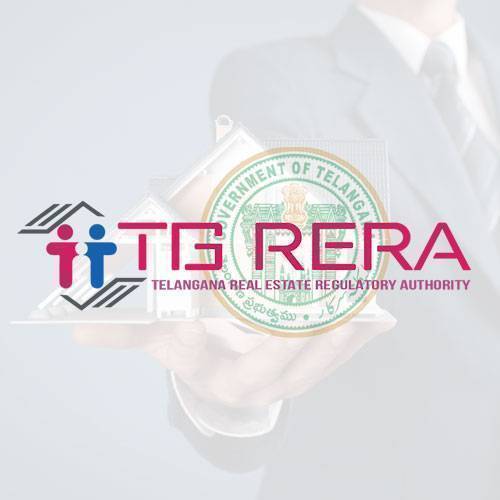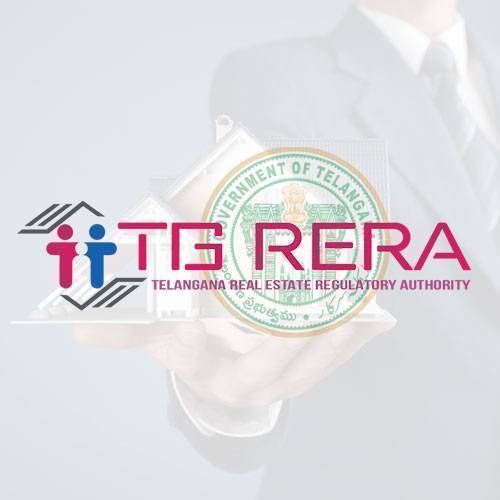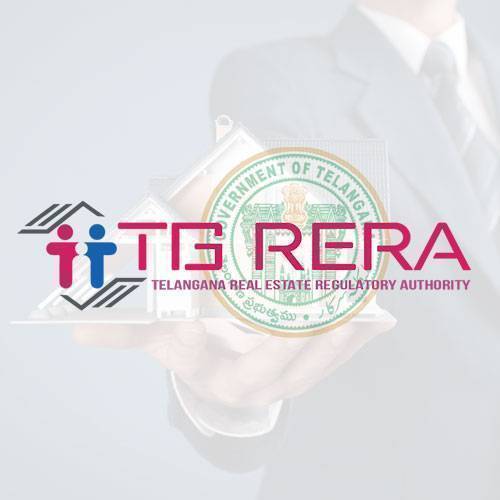Telangana RERA Imposes ₹14.9 Lakh Fine on Developer for Non-Registration, Orders Refund to 62 Homebuyers
The Telangana Real Estate Regulatory Authority (TGRERA) has imposed a penalty of ₹14.9 lakh on Bhuvanteza Infrastructures LLP, the developer of the 'Aura Velimala Phase 1' project located in Velimala, Sangareddy district. The penalty was levied because the developer failed to register the project under the Real Estate (Regulation and Development) Act, 2016 (RERA), as required by law. In addition to the fine, the regulatory body has directed the developer to return the funds collected from 62 buyers, along with an annual interest of 11%.
The buyers involved in this case had entered into agreements with the developer to purchase flats in the Aura Velimala Phase 1 project. These agreements, however, were not registered under RERA, which is mandatory for all real estate projects in India. The buyers had expected possession of their flats by December 2023, as per the terms of the agreement. However, as of June 19, 2024, only 20% of the construction had been completed, leading to significant delays.
Homebuyers reported facing financial difficulties due to the delay in possession. Many of them were paying both rent for their current residences and EMIs on home loans taken out to finance the flats. The agreement included a clause promising the developer would pay rent to buyers starting January 2024 if the project was not completed by the specified deadline. Despite repeated reminders, the developer failed to make any such payments.
Further concerns were raised by buyers regarding the registration of the land. The developer had not registered the land in the names of the buyers, which raised fears that the company could potentially sell the land to other parties without notice. This added to the anxiety and financial strain on the homebuyers.
TGRERA's Findings
After reviewing the case, TGRERA found that the developer had violated Section 3(1) of the Real Estate (Regulation and Development) Act by commencing the project without obtaining mandatory registration from the authority. According to the Act, no promoter is allowed to advertise, market, book, sell, or offer any real estate project without registering it first with the regulatory body.
TGRERA’s order highlighted that the developer could not legally execute agreements of sale without prior registration. The authority rejected the developer’s argument that statutory approvals were pending or that registration was in process, noting that the RERA Act does not allow any exceptions or leniency for pending applications. The order clarified that these explanations do not justify noncompliance with the Act.
The authority also observed that despite the passage of several years—many agreements were signed between 2021 and 2023—the developer and its partners neither completed the project nor handed over possession to the buyers.
Penalty and Refund Order
Given the violation and the delays, TGRERA held the developer and its partners jointly and severally liable for a penalty of ₹14.9 lakh for non-registration of the project. More importantly, the developer was directed to refund the amounts collected from all 62 buyers. The refund is to include interest at an annual rate of 11%, compensating buyers for the financial hardship caused by the delay and non-compliance.
This ruling reinforces the responsibility of developers to follow legal requirements strictly and to protect the interests of homebuyers who invest significant amounts based on trust and contractual obligations.
The Telangana RERA’s decision comes at a time when delayed projects and non-compliance by developers remain a significant concern across India. Many homebuyers face similar issues of unfinished construction, delays in possession, and financial losses due to developers not adhering to RERA regulations.
Image source- telangana.gov.in


